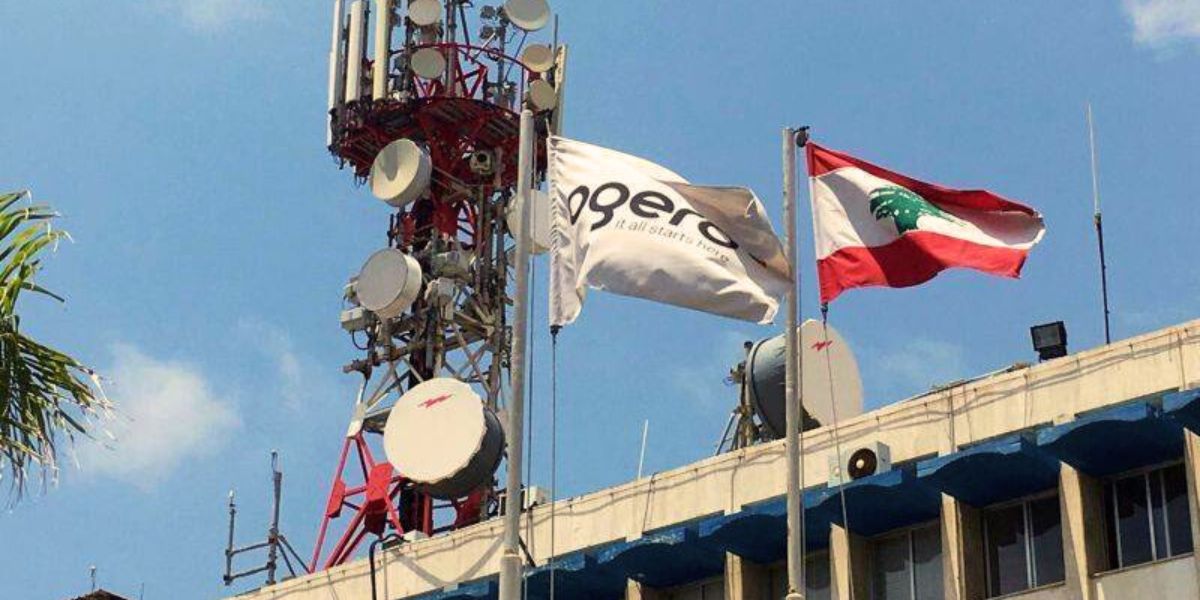The $1.2 billion Eurobonds that are due on March 9th has been a subject of contention in the recent discussion of Lebanon’s economic crisis.
The government has yet to form a plan to deal with the debts that are overtaking the country.
A source close to the finance ministry confirmed to The Daily Star that Lebanon is unable to pay its debt.
So Finance Minister Ghazi Wazni insisted on an orderly default after meeting with bondholders. This is the first time this has ever happened in the history of the country.
The source added that the Cabinet is expected to reach a final decision on the default. The government has yet to decide if it wants to go with debt restructuring or rescheduling.
The president of the Association of Banks in Lebanon and CEO of Bank of Beirut, Salim Sfeir, said that if Lebanon goes towards debt rescheduling then it should happen in an orderly way through negotiations with bondholders, “especially investment funds abroad that have so far shown readiness to negotiate.”
Speaker of Parliament Nabih Berri had voiced his full support for debt restructuring. According to Amal Movement MP Ali Bazzi, Berri has formed his stance after a weekly meeting with lawmakers on February 19th.
He added that the electricity sector needs a comprehensive solution because it is a major contributor to Lebanon’s debt and budget deficit.
Sfeir made his announcement after speaking to Prime Minister Hassan Diab, whose cabinet was formed with the support of Hezbollah, Amal, and the Free Patriotic Movement. The Future movement’s leader, Saad Hariri, was not present during the talks.
Lebanese banks hold most of the country’s sovereign debt, which amounts to $14 billion in Eurobonds.
Wazni and other ministers have been holding extensive meetings with banks, bondholders, and lawyers to discuss the best way to overcome the issue so that they can avoid unforeseen repercussions from some of the investors holding Lebanon’s sovereign bonds.
While major global investors want Lebanon to pay its dues on time, Lebanese MP and entrepreneur Michel Daher has recently tweeted a reassurance that there is no need to panic about the Eurobond deadline, according to New York lawyers he had contacted.

















